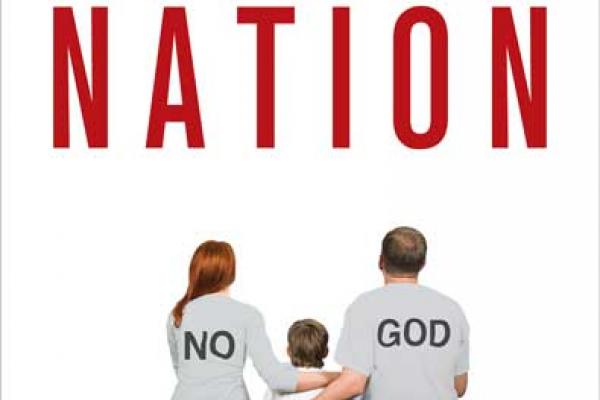[Editor's Note: David Niose is president of the American Humanist Association and vice president of the Secular Coalition for America, a group that lobbies on behalf of nontheist and secular Americans. In his new book, “Nonbeliever Nation: The Rise of Secular Americans,” he charts the development and growth of the religious right and what he sees as the increasingly organized response from Americans who are committed to the separation of church and state. Some answers have been edited for length and clarity.]
Q: You write about the 1912 presidential election as one in which all four candidates were sympathetic to evolution, science and religious skepticism. Today, a presidential candidate favors evolution at his or her peril. What’s changed?
A: What has changed is the environment of politics, particularly the level of political discourse. Thanks to the rise of the religious right, many candidates today actually emphasize their anti-intellectualism as a selling point to voters. Conservative Christians have always been part of the voter pool, of course, but only in recent decades have they been organizing and flexing their muscle as a voting bloc. Many candidates get mileage by pandering to conservative religion, by openly rejecting science and emphasizing their biblical literalist views.
Read the Full Article

